Artificial Intelligence (AI) is making waves across different sectors, and education is no exception. As AI begins to integrate more into educational practices, it’s important to discuss the potential benefits and drawbacks that these advanced technologies could bring to our classrooms and beyond.
AI has numerous benefits to offer in education. One of the most significant advantages is personalized learning. AI-driven educational platforms can tailor instructions based on individual learning patterns and knowledge gaps, making education more adaptable to each student’s unique needs. This feature is beneficial not only for students who may need extra help, but also for those who learn at a faster pace and require additional challenges.
Furthermore, AI has the potential to revolutionize accessibility to education. Learning resources can be digitized and made interactive, creating a global classroom accessible to anyone with an internet connection. AI-powered translation tools can break down language barriers, while speech recognition and text-to-speech technologies can aid students with disabilities.
Additionally, AI can relieve teachers of routine tasks such as grading, allowing them more time to focus on curriculum development and direct student engagement. It can also provide valuable analytics, identifying trends and gaps in the learning process that can guide pedagogical adjustments.
However, integrating AI into education is not without challenges. There are concerns about data privacy and security. With AI systems requiring substantial amounts of data for effective operation, ensuring that students’ personal information is protected is of paramount importance.
Another concern is the risk of diminishing the human aspect of teaching. While AI can simulate personalized interaction, it cannot replicate the emotional intelligence, empathy, and nuanced understanding that human teachers provide. This factor becomes particularly relevant for younger students who require a nurturing environment for holistic development.
Moreover, there is the issue of AI access disparity. While AI has the potential to democratize education, it might also widen the digital divide if not properly managed. Students from underprivileged backgrounds may lack the necessary resources to access AI-driven learning platforms, which could exacerbate existing educational inequalities.
Despite these challenges, the future of AI in education remains promising. In the forthcoming era, AI will not replace teachers but empower them. Teachers will leverage AI to enhance their teaching effectiveness, using analytics to provide targeted instruction, freeing up their time to focus on the students’ personal growth and emotional needs.
AI has the potential to democratize education at an unprecedented scale. In the future, it could empower all students, regardless of their socioeconomic background, geographical location, or physical abilities. A student in a remote village with a basic internet connection could access the same quality of education as someone in a high-tech urban city.
For students with special needs, AI could be a game changer. Adaptive learning technologies could be designed to cater to their unique learning abilities, providing them with a more inclusive and effective learning experience.
On the policy-making side, AI could help design more effective educational strategies. Machine learning models could predict the outcomes of different educational policies, enabling governments to adopt the most beneficial ones.
In conclusion, AI has the potential to redefine education. Despite the challenges it presents, its benefits cannot be ignored. With proper regulation and ethical guidelines in place, AI can empower all students, providing them with personalized, accessible, and inclusive education. As we navigate this path, our focus must remain on integrating AI into education in a way that preserves the human touch, while ensuring equal access to quality education for all. In doing so, we can leverage AI to unlock the full potential of every student, laying the foundation for a brighter, more equitable future.




